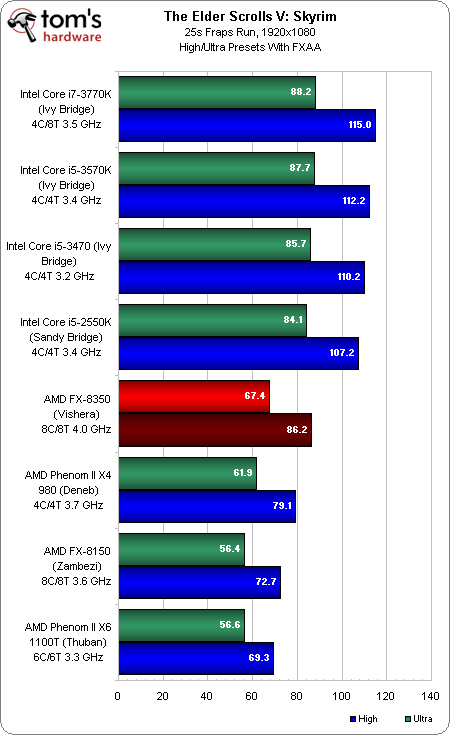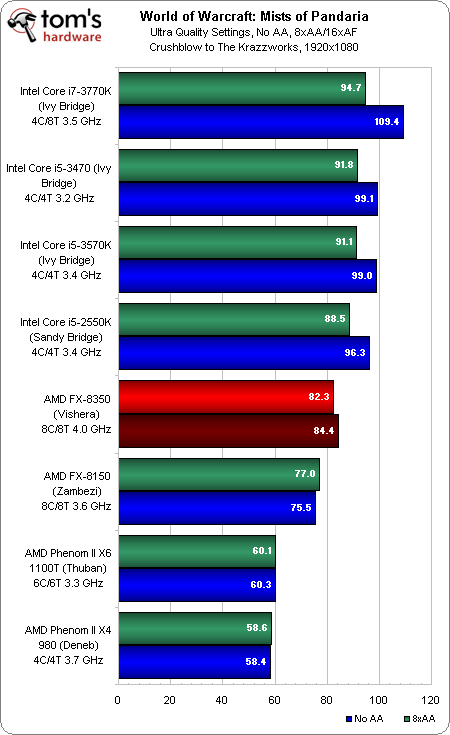It is worth pointing out that at least at this time, they intend on gaming on a 60Hz display, so framerates far in excess of 60 frames per second are not going to make much of a difference. So, for their current usage scenario, I would kind of agree with the suggestion that in nearly all current titles, the CPU probably won't matter all that much as far as gaming performance is concerned, so long as it is a modern processor with enough threads (quad-cores or old Xeons are probably are not going to be ideal). When comparing examples of one CPU pushing 10-15 fps more than another, these examples are typically in the 100+fps range, only really relevant to those with high refresh rate screens, and even then, it's probably going to be hard to notice a 10% difference when frame rates are already that high.
And of course, benchmarks showing that amount of difference are using a notably higher-end graphics card like a 2080 or 2080 Ti at 1080p. With a 2060 SUPER at 1080p, frame rates should be roughly similar to running a 2080 SUPER at 1440p, where again, CPU performance tends to make even less of a difference. Maybe something like Flight Simulator 2020 will push CPUs more to their limits though, as those kinds of simulations tend to be rather demanding on the CPU, but it's hard to say exactly how it will perform at this point.
That's wrong. They are not the same CPU with "some overclock". They are completely different pieces of silicon. By your assessment, every CPU in the Ryzen 3000 family would be the "same CPU with some overclock" or "some extra cores". And that's really not accurate. There are a variety of different considerations from one model to the next, but I don't have time to get into that part of the discussion here.
The cost of the two is almost identical. There is a 40 dollar difference. If you want to overclock the 3600 to get the same performance as the 3600x you are going to spend MORE for adequate case and CPU cooling that the 40 bucks difference between those two CPUs AND there are no guarantees you'll even manage to get a satisfactory overclock because overclocking on R3 is mostly a no go because they are binned almost without any available headroom to do so. So without a piece of silicon able to achieve what the 3600x does in it's stock or PBO configuration, you are unlikely to be able to do so without paying some penalty. Just not worth it to save forty bucks. A good CPU cooler costs more than that.
The 3600 and 3600X are pretty much the same processor, just the chips in the 3600X are better binned to push slightly higher clock rates, and the processor comes with a larger cooler. While an overclocked 3600X can still be slightly faster than an overclocked 3600 due to the better binning, ultimately none of it really matters much since the two processors perform within a few percent of one another at most, whether overclocked or at stock settings, and neither offers much overclocking headroom. No one is going to perceive a noticeable performance difference between a 3600 and a 3600X at any task. Just look at any 3600 review. In games, or any other application, their performance is almost identical to one another. For nearly-identical performance, that $40+ USD (or $70+ NZD) price difference becomes a bit more questionable. The 3600X does have a larger stock cooler, but in my opinion it might be better to spend that money on an aftermarket tower cooler that will run the processor cooler and quieter than either stock option.
So if I was to go above the 2060Super and "future proof" for upcoming games, what would be the go-to card now?
Unlikely to do this but curious on the price difference.
And I realise you can't really future proof in tech specs as it's constantly improving, it's just a saying. Please let's not overthink that one 
One problem with buying a higher-end card for "future proofing" now is that it's likely games will be making heavier use of raytraced lighting effects in the coming years (at least for "ultra" graphics settings), and while the 20-series cards have hardware to support raytracing acceleration, they don't exactly perform all that well at it, and I suspect future cards will handle these effects a lot better. So, down the line, you may end up wanting a newer card with better support for features like raytracing anyway. As for what the next options up would be, a 2070 is only around 5% faster, and a 2070 SUPER around 15-20% faster than a 2060 SUPER.




